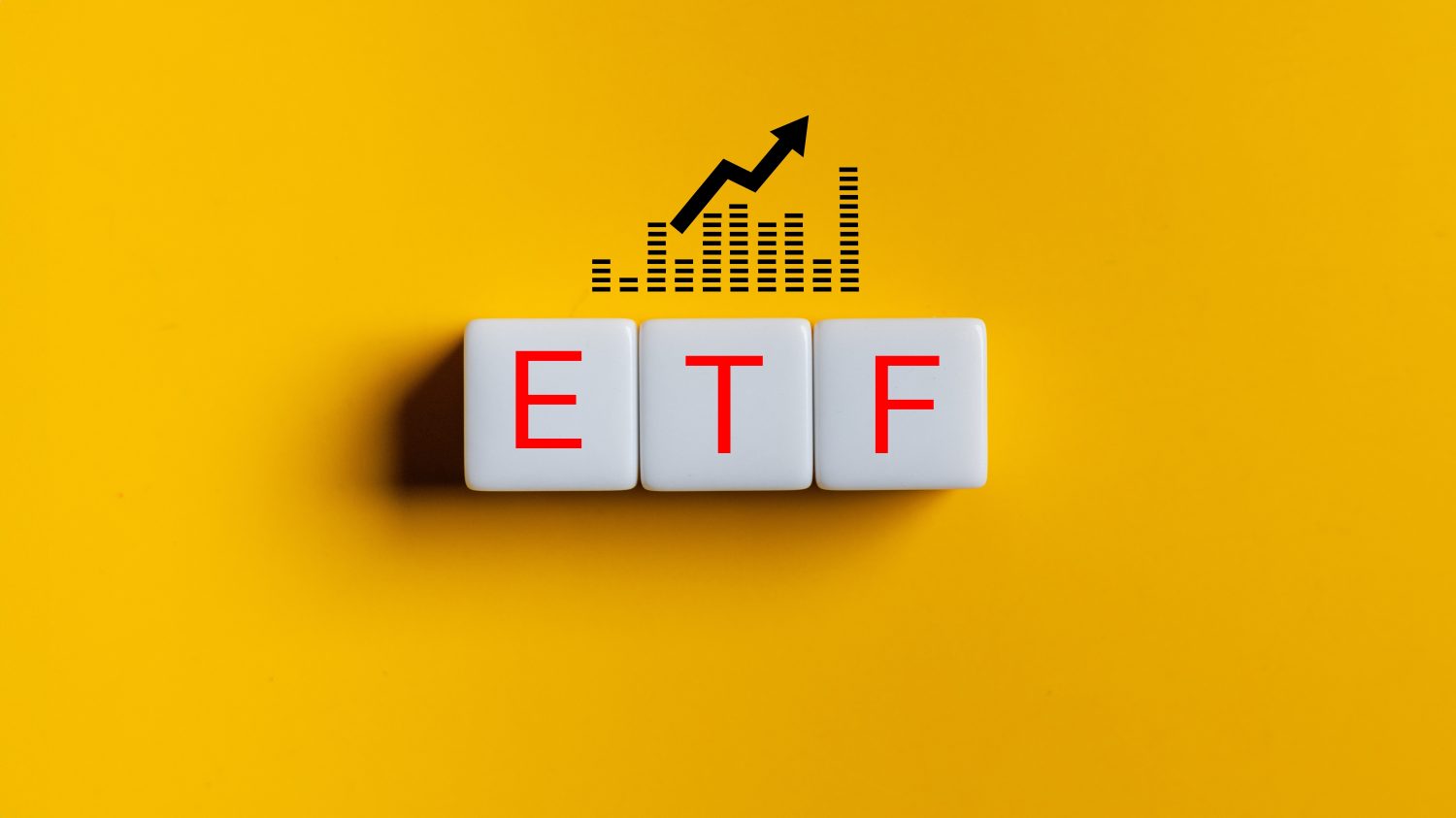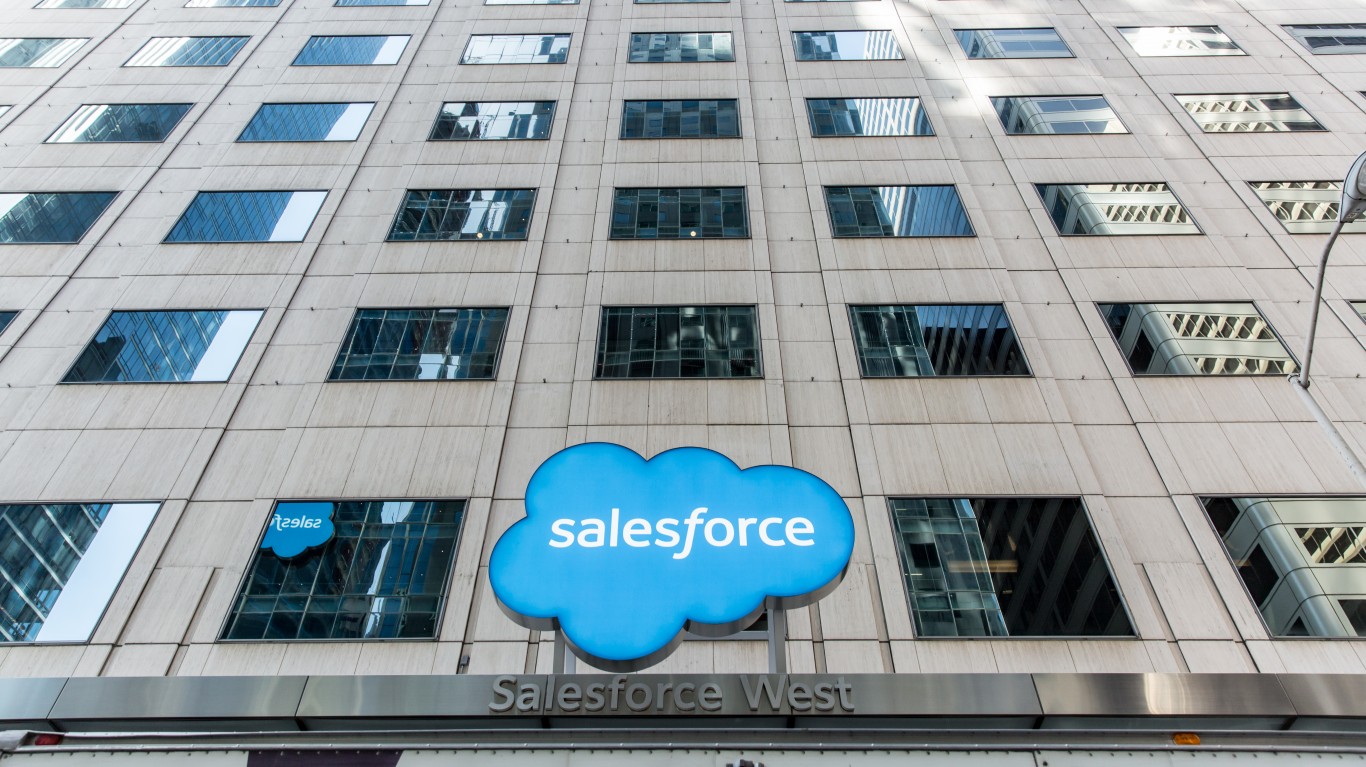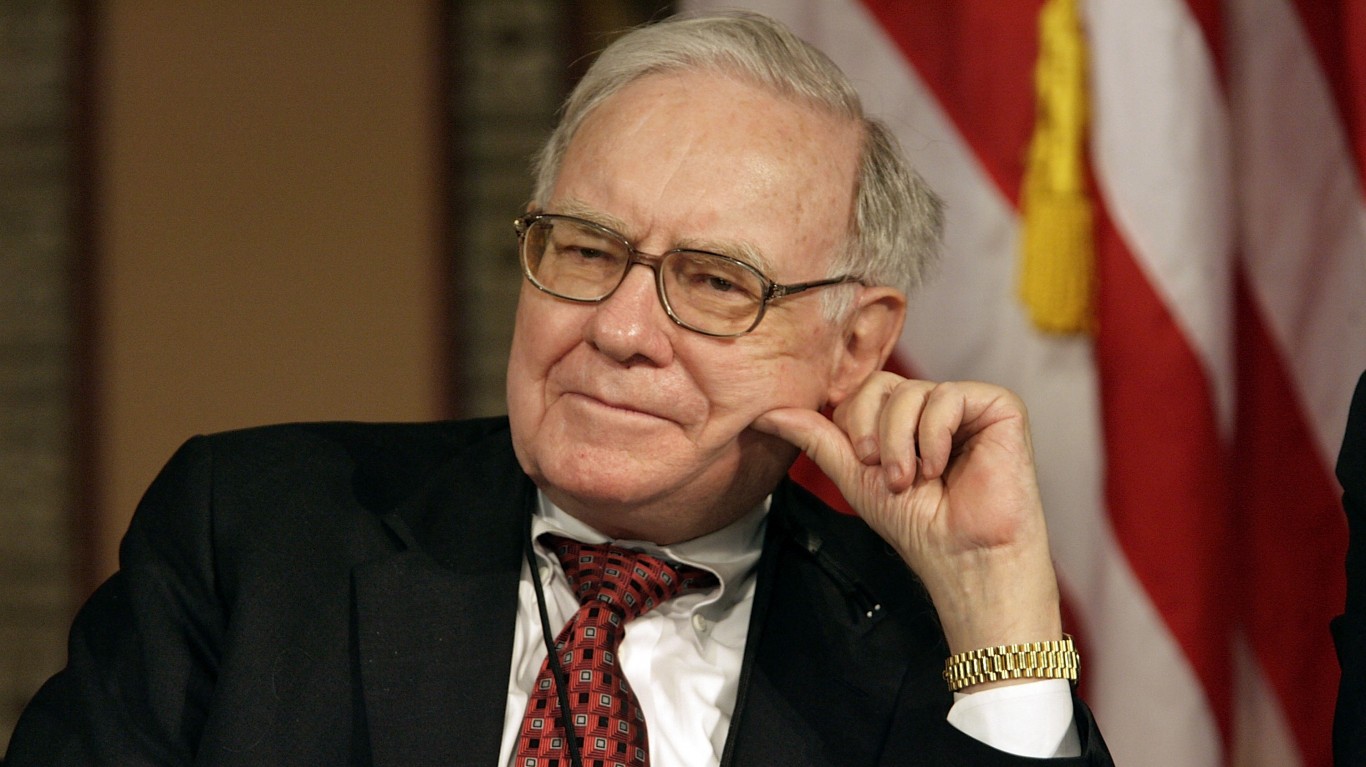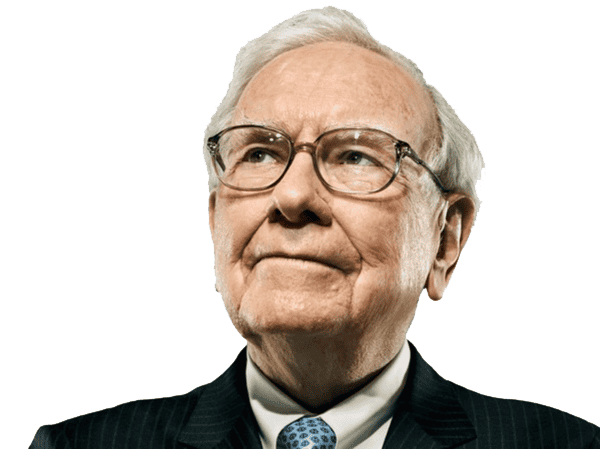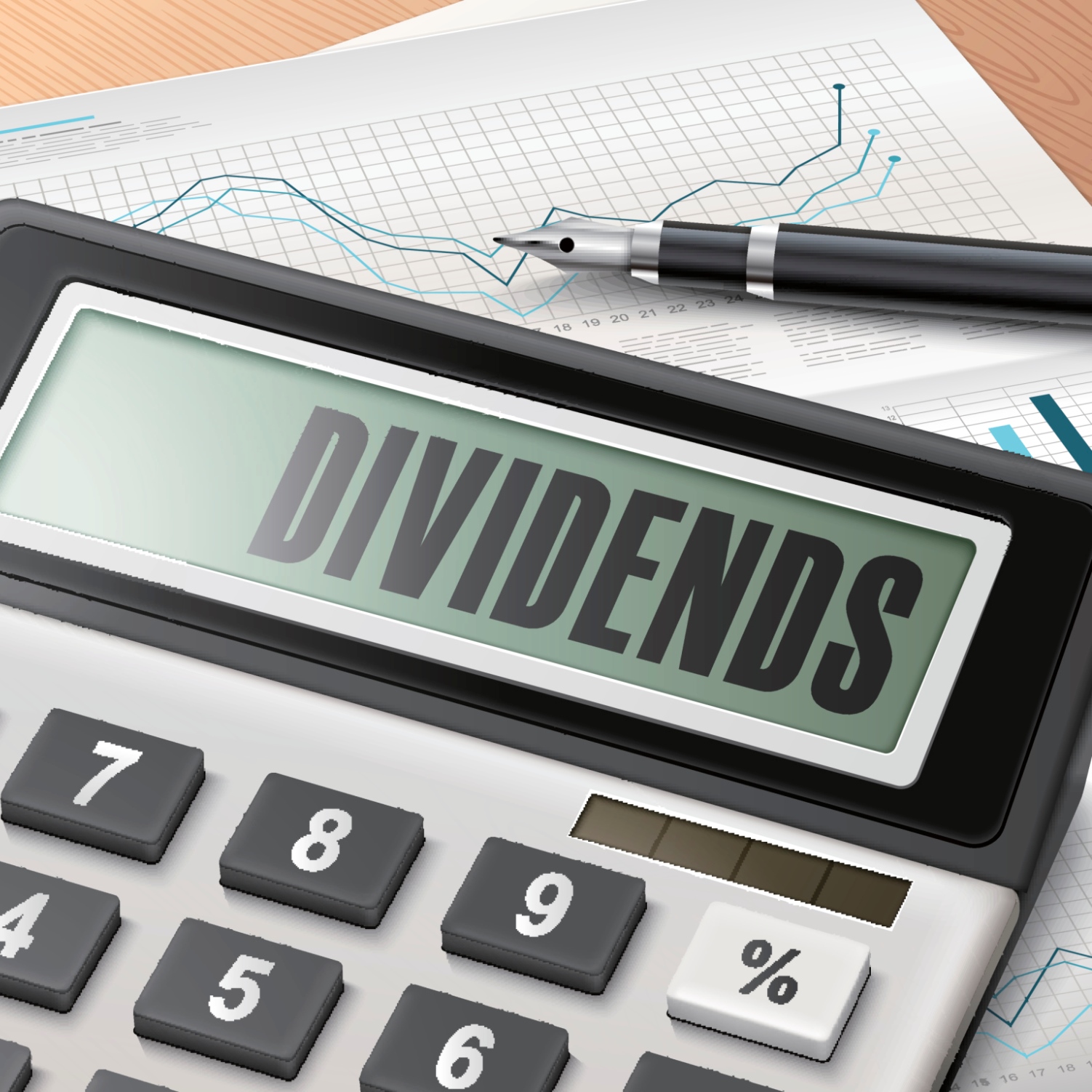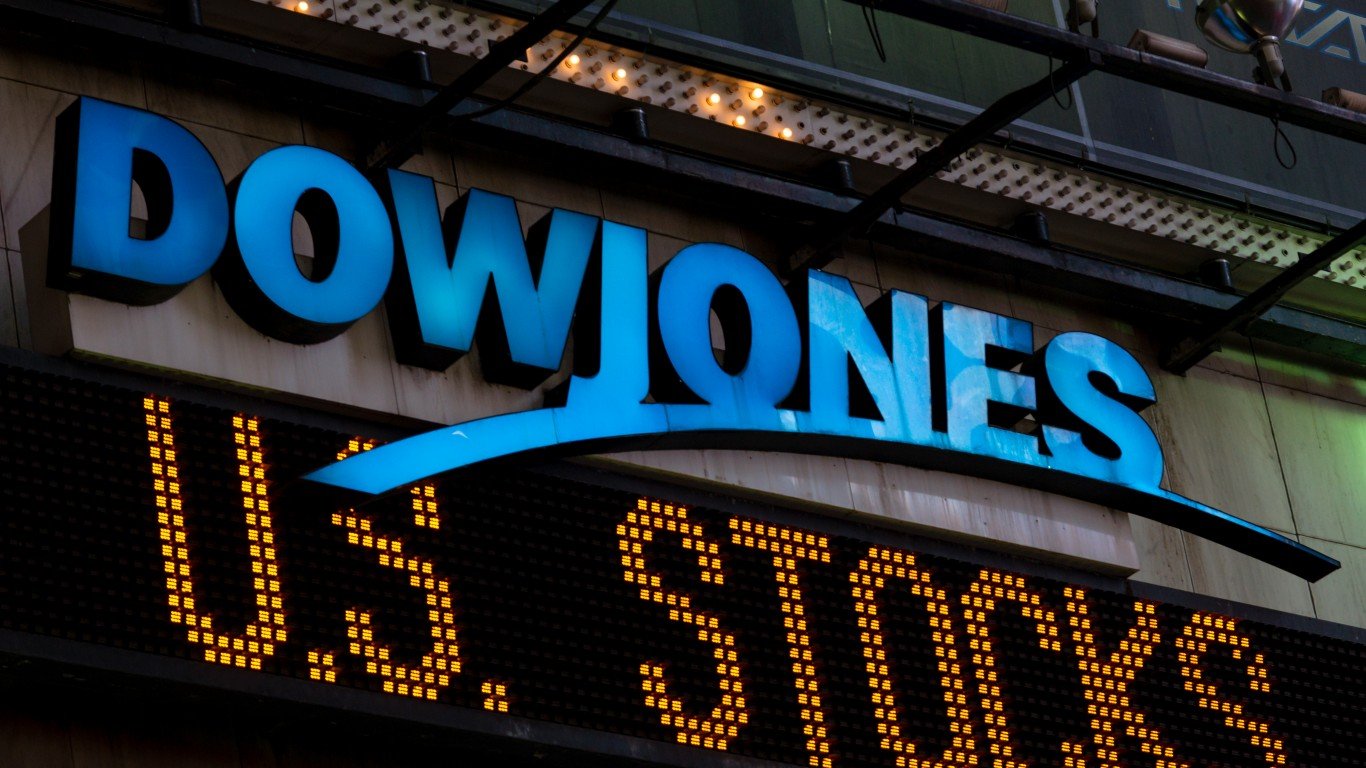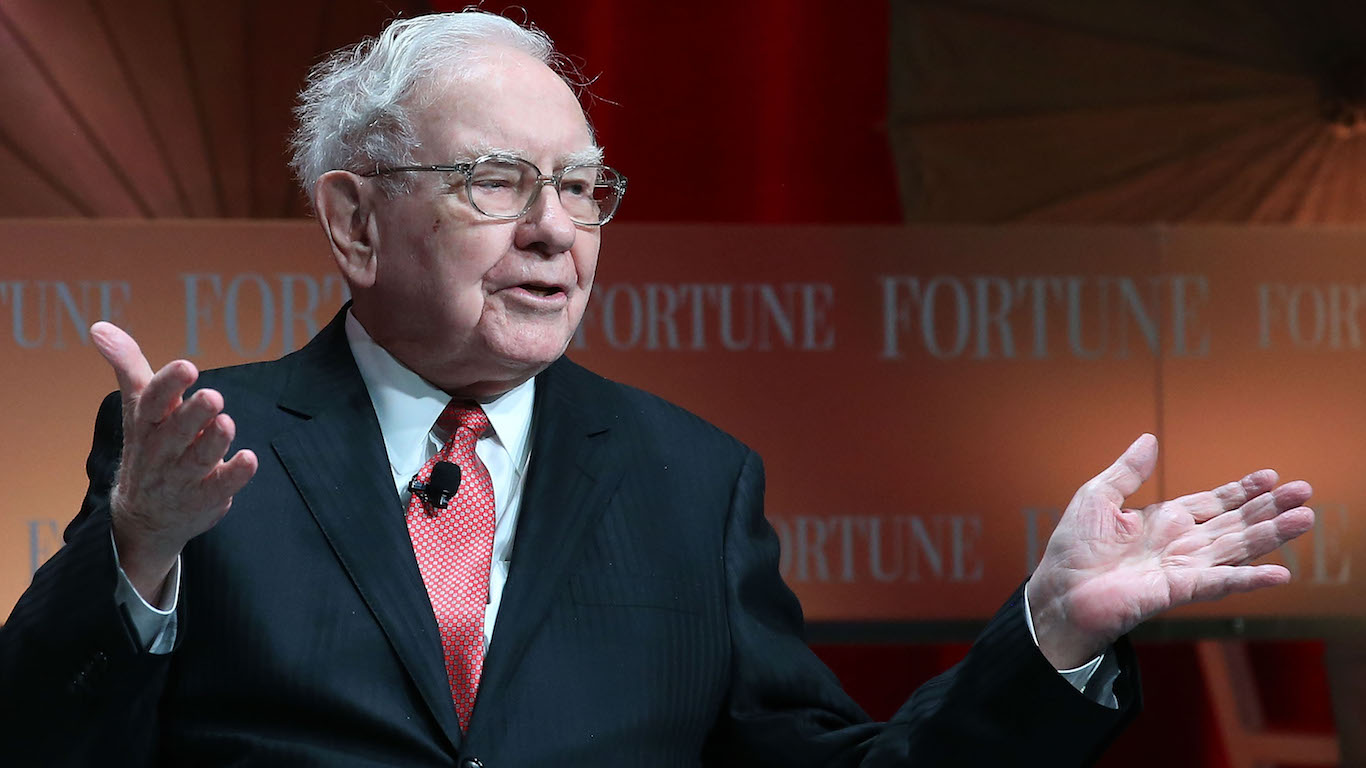#value-investing
#value-investing
[ follow ]
#warren-buffett #berkshire-hathaway #dividend-stocks #dividend-investing #etfs #stock-market #dogs-of-the-dow
from24/7 Wall St.
1 day agoAVLV Is Up 24.5% While Filtering Out the Value Traps Other ETFs Miss
Avantis U.S. Large Cap Value ETF delivers large-cap value exposure with a profitability overlay. Rather than tracking a static index, Avantis uses a rules-based, factor-driven methodology that weights holdings by both valuation metrics (price-to-book, price-to-earnings) and profitability signals. The fund carries a 0.15% net expense ratio and holds $10 billion in net assets as of February 2026, making it a credible, liquid option in the factor ETF space.
Business intelligence
from24/7 Wall St.
1 day agoWhy Smart Investors Are Loading Up on This Top Vanguard ETF Right Now
The Value ETF tracks the CRSP US Large Cap Value Index, focusing on large-capitalization value stocks. It holds positions in a diversified set of companies, with recent data indicating around 312 stocks in total. Rather than the large tech stocks found propping up the portfolios of other ETFs, such as the Vanguard S&P 500 ETF or the Vanguard Total Stock Market ETF, its largest positions emphasize traditional value sectors rather than high-growth momentum.
Business intelligence
from24/7 Wall St.
2 days agoForget Index Funds: 3 Active ETFs That Have Crushed the S&P 500 Since 2020
While most active ETFs fail to keep up with indices, that's not true about every actively managed fund. It turns out there are a few active ETFs that have outperformed the S&P 500 in recent years. Adding these picks to your portfolio can provide additional diversification and possibly boost your returns.
Business intelligence
from24/7 Wall St.
1 week agoSPYV Gave Value Investors A 14% Gift While Growth Stocks Stumbled
If you want exposure to the S&P 500 but prefer companies trading at reasonable valuations with steady cash flows, SPDR Portfolio S&P 500 Value ETF (NYSEARCA:SPYV) gives you exactly that. This fund filters the S&P 500 for value characteristics like lower price ratios and stronger dividend yields, creating a portfolio that tilts toward financial stability over growth speculation. A Core Position for Income and Stability SPYV works best as a foundational holding for investors who want large cap exposure without paying premium multiples.
Business
from24/7 Wall St.
2 weeks agoBig-Name Hedges Fund Bought This ETF Last Quarter. It's Crushing the SPY in 2026
The smart money doesn't typically go after ETFs. Why bother with passive investment products that charge an expense ratio in the ballpark of a fraction of a percentage point every year when you can just pick up some individual names? While ETFs make it convenient to bet on a broad batch of stocks focused on a particular index, sector, theme, factor, or something else, the convenience factor is not typically why a big-name hedge fund would punch its ticket to such a security.
Business
from24/7 Wall St.
4 weeks agoMichael Burry Just Bought GameStop-Is Another Meme Surge Coming?
Of course, the notable bet has caused the name that exploded onto the scene during the 2021 meme stock craze to be back in the headlines, and while there's a non-zero chance for another meme stock rally, it certainly sounds like Burry is playing the long game on a name that stands out as a real value stock according to a number of metrics.
Business
Artificial intelligence
from24/7 Wall St.
1 month agoAndrew Ng Thinks AI Apps are "Underinvested"-Here are the Stocks I'd Buy in Response
Value investors can find undervalued AI-related opportunities, especially within lagging Big Tech and the application layer, despite broad market volatility and possible AI trade setbacks.
Business
from24/7 Wall St.
1 month ago5 Hidden AI Winners Transforming Traditional Industries in 2026
Traditional companies across healthcare, retail, finance, and logistics are integrating AI operationally to boost efficiency, reduce costs, and improve margins, creating underappreciated investment opportunities.
Business
fromFortune
1 month ago'You only find out who is swimming naked when the tide goes out': Pearls of Warren Buffett wisdom on his last day in charge | Fortune
Buy undervalued companies, stay within your circle of competence, prioritize reputation, act contrarian: fearful when others greedy, greedy when others fearful.
Business
from24/7 Wall St.
2 months agoTime to Shore Up Your Personal Portfolio With These 3 Bullet-Proof Blue-Chip Stocks
Despite recent outsized equity gains, cautious investors can find lower-risk exposure in blue-chip defensive stocks like Berkshire Hathaway, built on cash-flowing, value-oriented businesses.
Business intelligence
fromFortune
2 months agoThere's a 'once-in-a-generation opportunity' in these stocks right now, no matter how the AI boom ends, market veteran says | Fortune
Quality stocks with high returns on equity, stable earnings growth, and low debt are deeply undervalued globally, creating a rare buying opportunity with strong return potential.
from24/7 Wall St.
3 months agoSteal These 3 Dirt-Cheap Gems Before Wall Street Wakes Up
The rise of artificial intelligence has distorted stock market valuations, pulling them far from underlying fundamentals. Traders have poured money into AI-related names, driving up prices on the assumption that growth rates will accelerate endlessly without setbacks. This frenzy has left the broader market looking overextended, with the S&P 500 trading at elevated multiples despite uneven economic signals. Yet amid the hype, overlooked quality companies persist - those with solid growth trajectories trading at discounts that scream opportunity.
Business
from24/7 Wall St.
3 months agoHedge Funds Bought These 2 Stocks Hand-Over-Fist Last Quarter
For the most part, the big hedge funds have been mostly net sellers of stocks in recent quarters. And while it may seem ominous to have many smart money managers ringing the register this year, I'd argue that profit-taking and rotating capital into some of the more defensive areas of the market is only smart. Of course, taking a bit of capital off the risk-on AI trade for some cheaper, less-loved names comes with the risk of missing out on additional upside,
Business
from24/7 Wall St.
3 months agoSeeking a Short Squeeze: 3 Cheap Stocks With High Short Interest
It's seldom a good idea to buy shares of a company just because you're looking for a short squeeze. Though pursuing stocks with above-average short interest could grant you a shot at outsized returns if ever share price momentum becomes too much for the shorts to handle, as they cover and run to the hills, I think investors should prioritize the quality of the underlying business first and foremost.
Business
from24/7 Wall St.
3 months ago3 Stocks Under $30: Where to Put $1,000 to Work Today
The democratization of investing started with discount brokers slashing commissions and advanced through no-transaction-fee trading on apps like Robinhood ( NASDAQ:HOOD ) and Fidelity. Now, it no longer takes a lot of money to make money on Wall Street, as investors can buy fractional shares with as little as $5 or $10. That opens doors for everyday people to build portfolios without needing thousands upfront. But that doesn't mean buying cheap stocks is always a good idea, since a low price could signal company problems - and certainly steer clear of penny stocks, which carry high risks of fraud and volatility. Sometimes, though, a low share price signals real opportunity.
Business
from24/7 Wall St.
3 months agoBeyond Meat Rocketed 128% in a Day. Then it Crashed-Is it the Next Big Meme Stock?
Shares of the maker of plant-based meat substitutes Beyond Meat ( NASDAQ:BYND) exploded higher by over 1,300% in a few days before crashing back to earth, shattering the quick gains that traders hoped to hang onto. Now that shares of Beyond Meat are right back in the gutter, now off close to 77% from the monthly spike, many investors might be wondering if the hyper-volatile play has any more bullish energy left in the tank and if the latest dip (more like an implosion) is a buying opportunity to get in ahead of meme traders who might be inclined to give the name a second look with the hopes of getting in before another meme-esque spike.
Business
Artificial intelligence
fromThe Motley Fool
4 months agoBest Bargain "Magnificent Seven" Buy: Alphabet vs. Meta Platforms | The Motley Fool
Alphabet and Meta Platforms are currently inexpensive Magnificent Seven stocks with strong artificial intelligence-driven growth prospects and substantial earnings.
from24/7 Wall St.
5 months agoBillionaire Investors Seem to Love This Stock the Most
Billionaire investors were quite active in the second quarter, with many of the big names going after a relatively narrow basket of stocks. Undoubtedly, great minds tend to think alike, especially in the world of investment. If one investment legend perceives deep value to be had in a specific stock, there's a good chance that others might also see an opportunity to get a steep discount to intrinsic value.
Business
[ Load more ]



